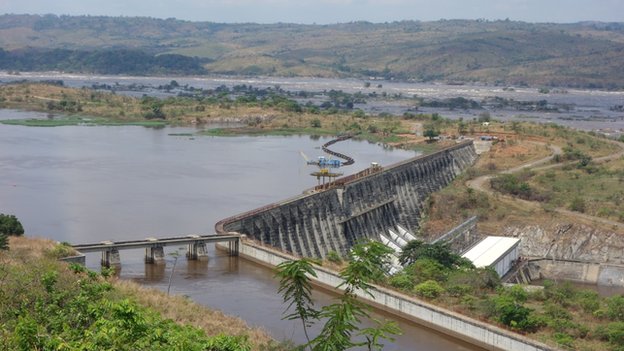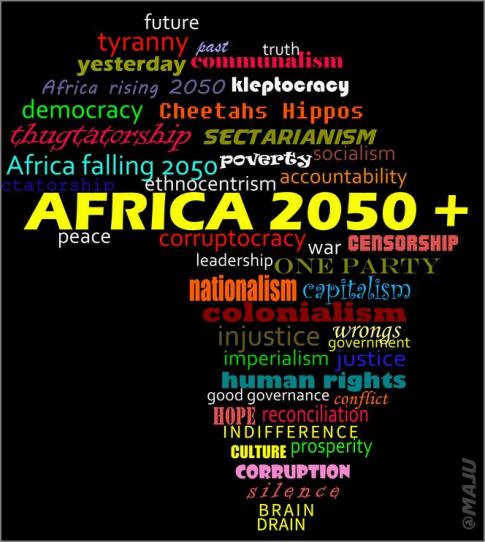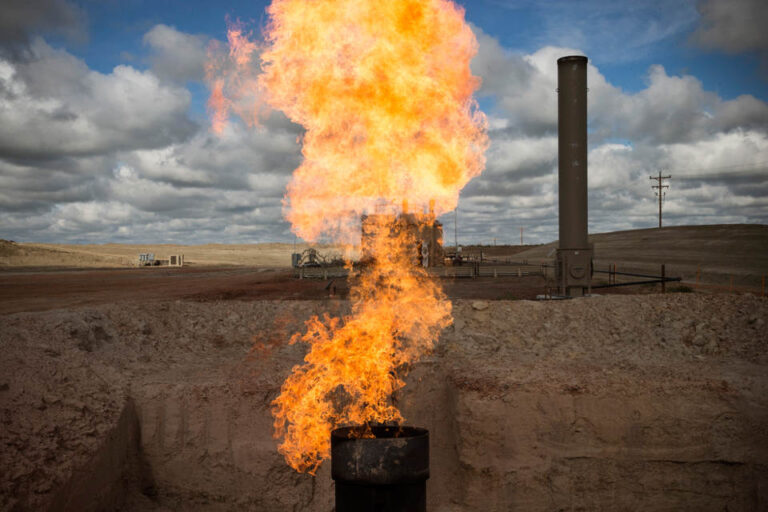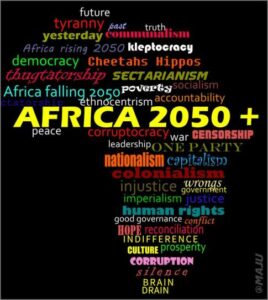President Jacob Zuma has this morning returned from his successful State Visit to the United Republic of Tanzania where he had positive and fruitful talks with his Tanzanian counterpart, His Excellency John Pomba Magufuli in Dar Se Salaam.
President Zuma has characterized the visit as a remarkable success as the two Heads of State discussed and agreed on a various issues of mutual concern. South Africa and Tanzania enjoy excellent bilateral relations which date back to the days of the liberation struggle and were formalised by the two Governments in 1994.
“It was an important visit for South Africa as our aim was to review and strengthen the existing strong bilateral and economic relations between the two countries since there has been a new administration in Tanzania.
“We are very content with the outcomes of the visit as we openly discussed and agreed on various issues, particularly economic cooperation including private sector investments, infrastructure development, agro-processing, beneficiation as well as trade and investment.
“As part of strengthening our economic relations, President Magufuli invited South African companies, including state owned entities, to invest in major infrastructure projects that are taking place in Tanzania and eastern African region including the building of the long railway that will connect all countries in the Great Lakes region,” said President Zuma.
The President further said during his bilateral talks with President Magufuli, they also discussed a wide range of bilateral issues including the adoption of strategic interventions to further strengthen the relationship to focus on mutually identified priority areas particularly in the field of trade and investment, science and technology, agriculture, environment, energy, infrastructure development, retail, amongst others.
President Zuma and President Magufuli also chaired the inaugural session of the South Africa-Tanzania Bi-national Commission which to personally supervise the progress of the existing relations between the two countries.
President Zuma added that the Bi-national Commission which will be supervised in the Heads of State and Government Level will provide the required impetus to relations between the two countries expanding the areas of cooperation to include the political, economic, security and cultural fields.
During the visit, South Africa and Tanzania signed two critical memoranda of understanding on cooperation in field of Biodiversity Conservation and Management as well as on Cooperation in Transport Related Matters.
“We are satisfied with the signing of these memoranda of understanding and we have directed our Ministers and officials to finalize the signing of outstanding agreements and also to fully implement the existing agreements. We have agreed to have regular consultations including annual mid-term review meeting that will ensure that we monitor and evaluate the implementation of these agreements in a quest to force closer cooperation,” said the President Zuma.
President Zuma and President Magufuli also addressed the South Africa-Tanzania Business Forum held on the sidelines of the State Visit to bolster economic relations between the two countries both in the public and private sector. The forum further promoted business-to-business cooperation, aimed at diversifying the economies of the nations.
On regional matters, the two Heads of State agreed that Africans states need to work together to ensure peace and security in the region, and also to lessen barriers to ensure strong regional economic integration that will help address triple challenge of unemployment, poverty and inequality.
President Zuma said Africa need to soften barriers and boarders to ensure free and improved movement of people and goods which is key for an inclusive economic growth in the continent and to ensure full implementation of the African Union Agenda 2063.
President Zuma is accompanied by Minister of International Relations and Cooperation, Ms Maite Nkoana-Mashabane; Minister of Defence and Military Veterans, Ms Nosiviwe Mapisa-Nqakula; Minister of Science and Technology, Ms Naledi Pandor; Minister of Trade and Industry, Dr Rob Davies; Minister of Environmental Affairs, Ms Edna Molewa and Minister of Transport, Mr Joe Maswanganyi as well as a business delegation.
Distributed by APO on behalf of Republic of South Africa: The Presidency.























